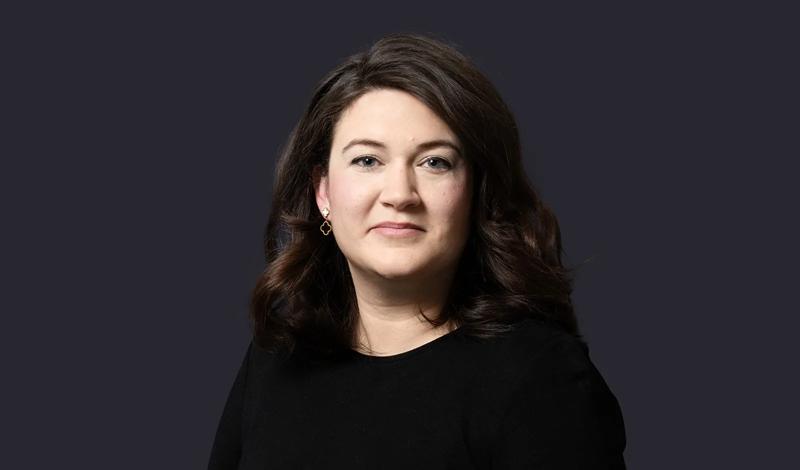In a landmark judicial decision, the Supreme Court has today handed down judgment in the conjoined appeal cases of Paul v Royal Wolverhampton NHS Trust, Polmear v Royal Cornwall Hospitals NHS Trust and Purchase v Ahmed. The three appeals concerned claims where the defendant was alleged to have failed to diagnose the primary victim’s life-threatening condition and their subsequent traumatic death was said to have caused psychiatric injury to their close relatives.
In the leading judgment Lord Leggatt and Lady Rose considered the key question to be whether, in addition to the duty of care owed to a patient, a Doctor also owed a duty to members of the patient’s close family to protect them against the risk of illness from the experience of witnessing the medical crisis of their relative arising from the doctor’s negligence.
For a duty of care to exist there must be both: (i) the reasonable foreseeability of harm and (ii) “proximity” in the relationship between the parties.
The majority of the Supreme Court found that a relationship of proximity did not exist. The persons whom doctors ought reasonably to have in contemplation do not include members of the patient’s close family who might be psychologically affected by witnessing the effects of a disease which the doctor ought to have diagnosed and treated.
Whilst acknowledging that no one could read or hear about the events which Saffron and Mya Paul, Lynette and Mark Polmear and Tara Purchase experienced without being moved by the terrible distress caused to them, the majority of the Supreme Court concluded that the law could not impose duties and liabilities on the basis of sympathy, however strongly felt.
The Supreme Court identified that they had not been asked to alter the limits on the recovery of damages by “secondary victims” in accident cases established by the earlier decision of the House of Lords in Alcock. Instead, they had been asked to recognise as analogous, cases where illness is sustained by a secondary victim as a result of witnessing a death or manifestation of injury which is not caused in an accident but is the result of a pre-existing injury or disease. The majority of the Supreme Court did not consider that the situations were analogous.
There is a dissenting minority judgment by Lord Burrows. There is also a further judgment by Lord Carloway who confirms that the judgment of the majority will apply in Scotland.
UK and Ireland law firm Browne Jacobson were instructed by NHS Resolution in two of the three appeal cases: Paul v Royal Wolverhampton NHS Trust and Purchase v Ahmed.
Jonathan Fuggle, Partner at Browne Jacobson, says:
“For many years the law relating to claims for psychiatric harm has developed in a piecemeal way through case law that seemed to conflict. The decision by the Supreme Court provides welcome clarity for lawyers and their clients.”
Key contact

Kara Shadbolt
Senior PR & Communication Manager
kara.shadbolt@brownejacobson.com
+44 (0)330 045 1111





































![Contractual liability for all inclusive treatment: Bartolomucci v Circle Health Group Limited [2025]](/getattachment/95f9533b-f99c-4fcc-b8d5-3f93904b8242/shutterstock_1265400856.jpg?variant=HeroImageTabletVariantDefinition)


